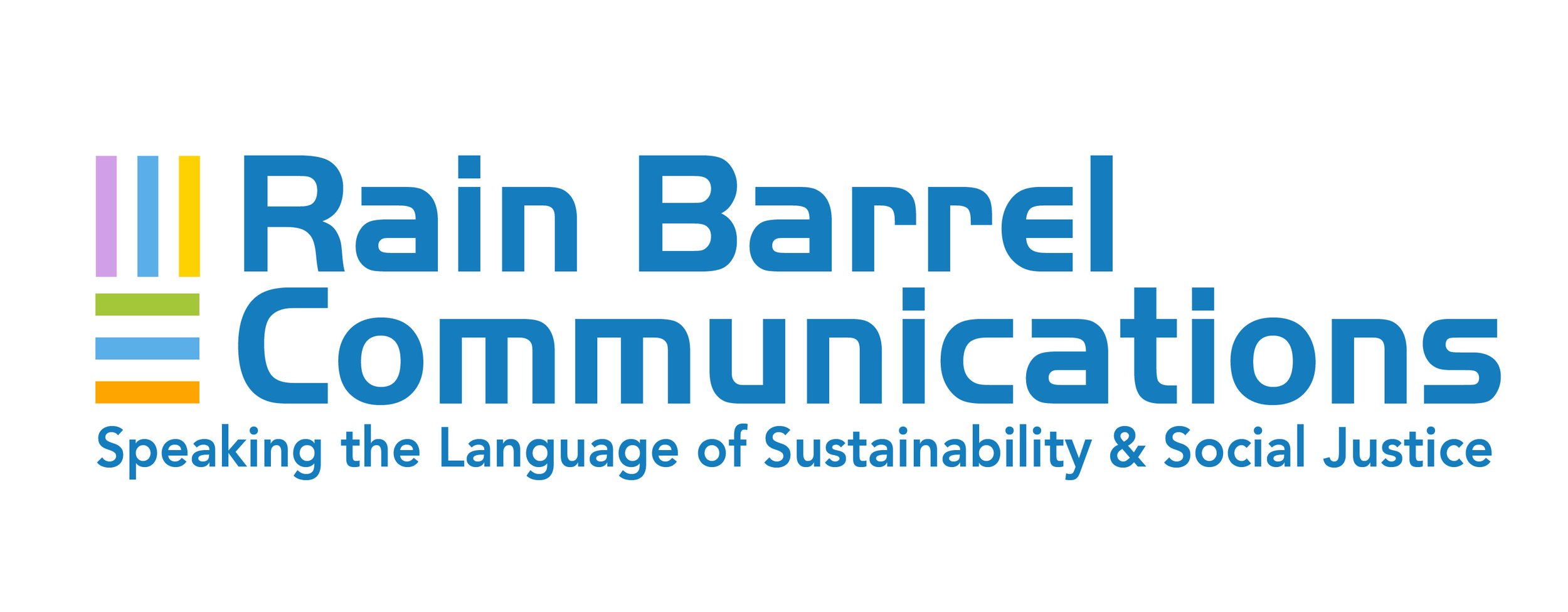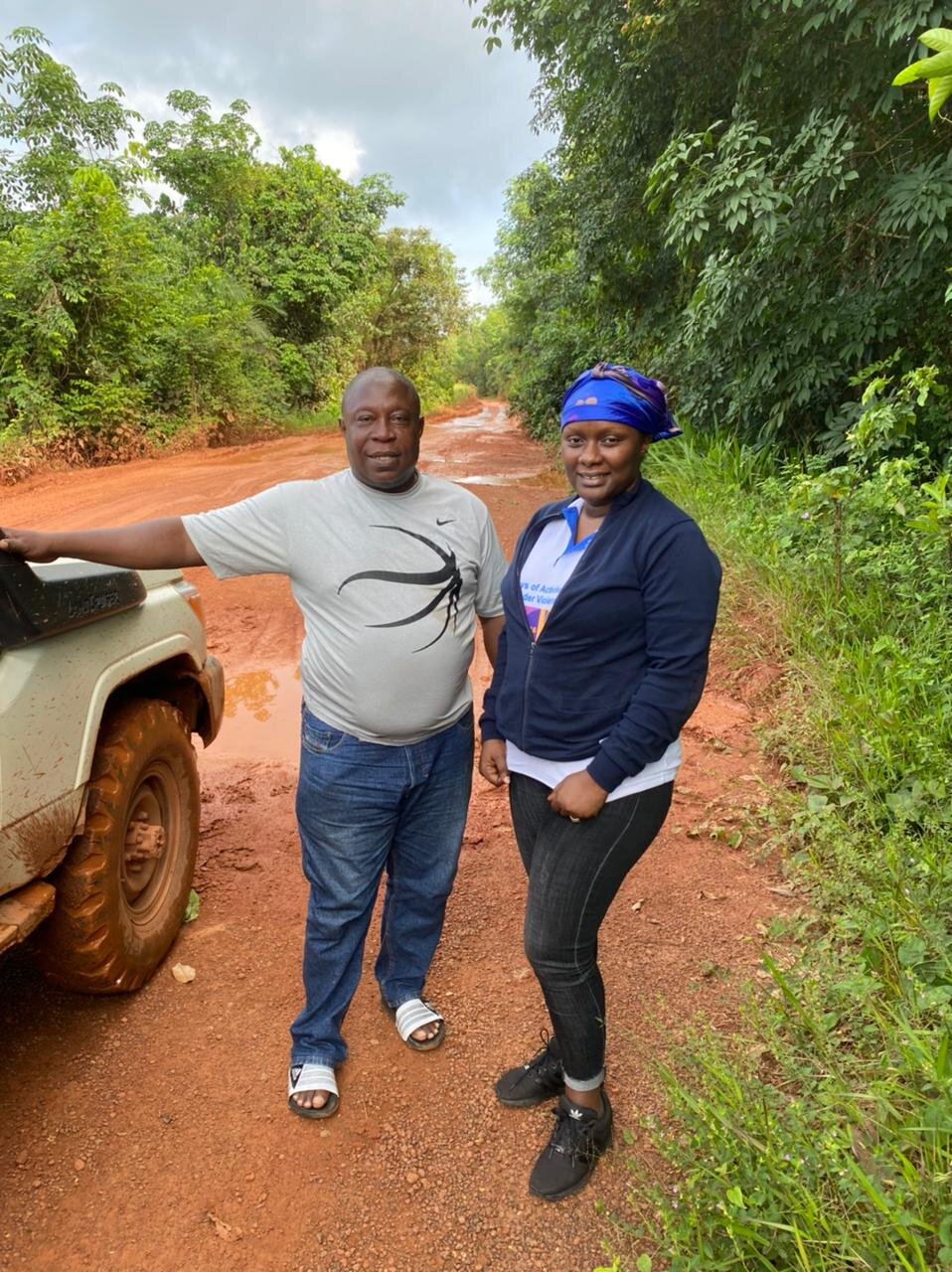Working to Eliminate Gender-Based Violence in Liberia
By Tomas Jensen and Ami Sengupta
If you think about Liberia, you may recall the civil wars that marred the nation between 1989 and 2003 or the large Ebola outbreak from 2014 to 2016. But Liberia is much more than that and today the more than 5 million people in this west African nation seek to maintain peace, develop their country and to improve their lives.
Photo by Erik Hershman
Photo by Rain Barrel Communications
Today, one of the biggest social development challenges that Liberians face, is high rates of gender-based violence, abuse, and exploitation. In homes, schools, and communities. On top of this, the COVID-19 pandemic has contributed to an increase in violence against women and children everywhere, including in Liberia.
Photo by Ken Harbur/Flickr
Violence against women and children in Liberia involves multiple forms of violence, including corporal punishment, domestic or intimate partner violence, sexual and gender-based violence (SGBV), harmful practices such as female genital mutilation (FGM) and extends to high rates of teenage pregnancy and child marriage. Data indicate that a large percentage of violence is sexual, that the incidence of rape is on the rise, and that a majority of the survivors of such violence are minors below age 18. Psychological violence, denial of financial resources, accusations of witchcraft, and trial by ordeal continue in many communities. While there is growing commitment and public discourse about the need to eliminate SGBV, other forms of violence have received relatively less attention.
Photo by E Julu Swen/UM News
The root causes of violence against women and children lie in the unequal power relations and deep-seated gender inequalities between women and men. Prevailing gender norms tend to support victim-blaming and shaming, and intimate partner violence is generally seen as being “normal” among couples. In Liberia, the use of harsh discipline during childhood is not uncommon; this has been linked to how people perceive violence and their concept of childhood, which is not necessarily defined or understood as being under 18 years of age, but is more often associated with physical development or readiness for sexual relationships. Moreover, there is insufficient knowledge of child rights and parental responsibilities in the context of alternative care and adoption. It is well recognized that poverty is an overarching risk factor for violence; in this context, stigma, lack of faith in the justice system, and limited knowledge of available services prevent reporting.
SBCC planning and validation workshop in Monrovia. Photo by Rain Barrel Communications
Since early 2020, Rain Barrel Communications has been working with UNICEF and the Government of Liberia to develop a communication strategy to manage the risk of COVID-19 and address gender-based violence in the country. This is a huge multi-sector and multi-stakeholder effort, involving the Government, UN agencies under the joint UN Country Programme, civil society, and a large range of development partners at national and sub-national levels. Our role is to design a social and behaviour change communication strategy to improve visibility and widespread public awareness, promote community engagement, and action to create positive change. Social and behaviour change communication is about understanding what the drivers are of the issue that we seek to change and utilizing the catalytic role of communication to spark and sustain the change. In this case violence. Together with the many stakeholders at different social-ecological levels, we then co-create a strategy and an implementation plan for the design and use of communication tools, activities and platforms to engage with decision-makers, organisations, the media, social service providers and families and individuals. This is designed to be a two-way engagement to underpin and support the desired social and behavioural change over time.
“Social and behaviour change communication is about understanding what the drivers are of the issue that we seek to change and utilizing the catalytic role of communication to spark and sustain the change.”
The RBC team, Tim and Lovette on the dirt road, in Liberia. Photo by Rain Barrel Communications
Here is our team in Liberia - on the road to meet and sensitize key decision-makers and influencers in one of the communities that the Government and UNICEF are targeting initially with SBCC. This is a crucial step in ensuring that the strategy is put into action, and to enroll as many decision-makers and influencers as possible, to actively use the strategy and communication tools to promote and model the change we wish to see. Complete and uncompromising elimination of gender-based violence in all its forms.
Local decision makers and influencers discuss and are sensitised to the issue and magnitude of gender-based violence during a workshop. Photo by Rain Barrel Communications
Step one in rolling out the SBCC plan, is to sensitise and train key decision and social influencers at the community level, to understand, prioritise SBCC and get actively involved in supporting and funding efforts to promote and model the positive change to eliminate violence and to reject violence in all its forms. This is only the first step of many, and we aim to do this well so that they will be on board and actively engaged in the change process for as long as it takes. When we are talking about deeply rooted social issues such as gender-based relations and violence, this can take many years, even several decades to change. So, we emphasise this to the influencers that we engage with and mobilise. This is a long-term strategy and it will take time to see and document the desired change. But in doing so together and by taking the first step, we are on the right track.
Decision makers and influencers in Grand Gedeh County make a stance against violence. Photo by Rain Barrel Communications
The first step completed in Zwedru, Grand Gedeh County, where a key group of decision-makers and social influencers are now equipped to say no to violence and to model and promote the alternative: Care, respect, inclusion and peace, and the practice of positive discipline. This is how the change process begins through a focused and strategic approach to engage and teach social influencers to teach others to reject violence. At Rain Barrel Communications, we are honored to get to work with so many fantastic people in Liberia and elsewhere and to speak our company ethos - the language of sustainability and social justice. This is only the first step of many, but if we keep walking the talk and we walk together - then we will get to our destination and in much better shape than when we began our journey.
The Rain Barrel team working on this project were: Ami Sengupta, Timothy Paulus, Suruchi Sood, Madeline Eisner, Roberta Brangam, Robert Cohen, Tomas Jensen, and Andrea Brandt.








